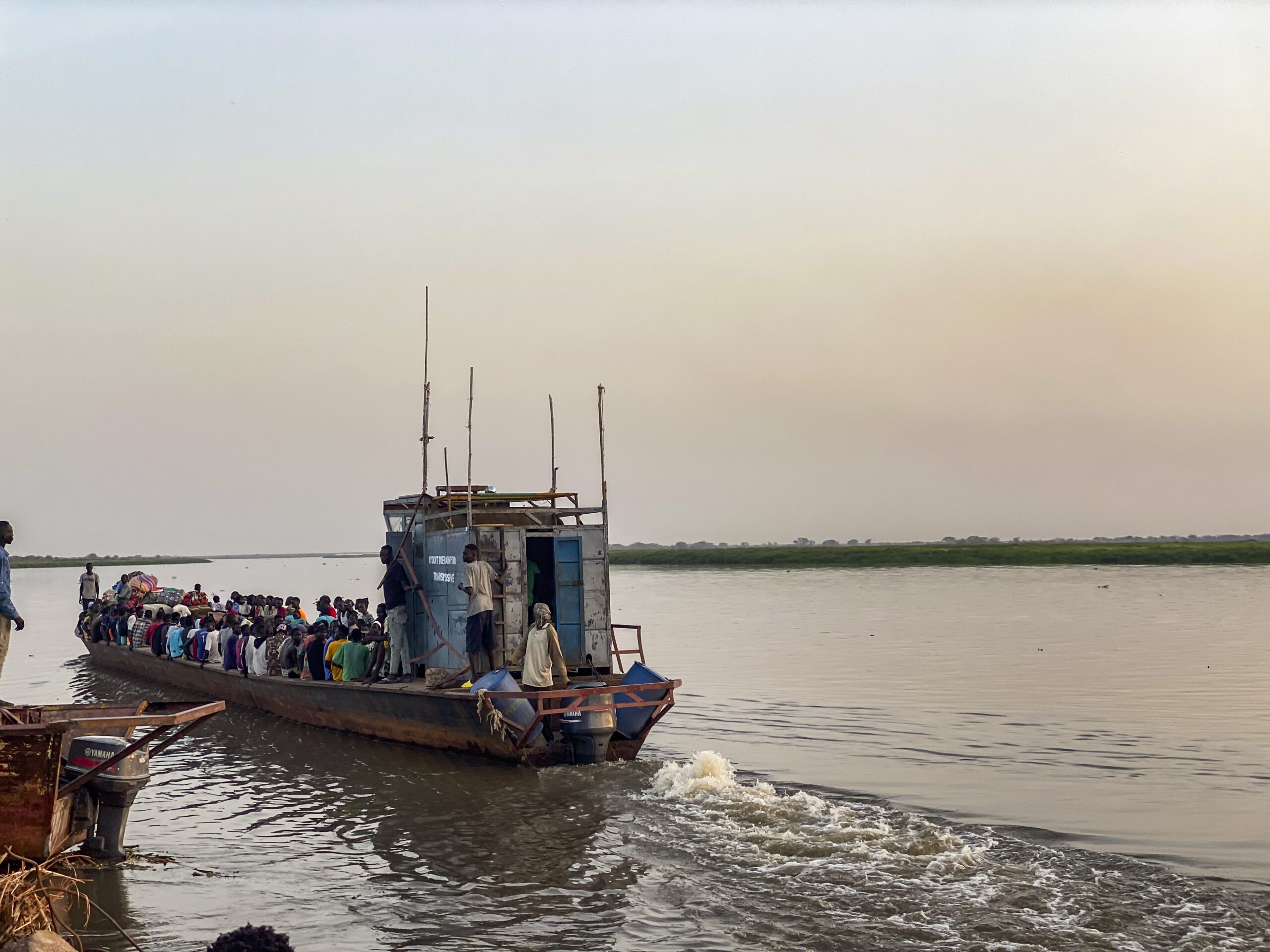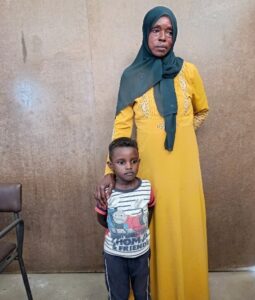
The war in Sudan continues to ravage the lives of thousands of people.
Military violence and bombings have displaced families and those who are fortunate enough to flee, often with just the clothes on their backs, have arrived at Renk, one of the transit zones at the border of neighbouring South Sudan.
It is at Renk, that YOUR SUPPORT and generosity is making a massive difference to communities who have experienced the unimaginable.
As well as providing emergency humanitarian aid such as food, shelter and medical assistance – refugee camps at the transit zone become a source of respite for those who have taken long and dangerous journeys to safety.
The communities in Renk, often returnees to South Sudan, face the challenge of piecing their lives back together and for thousands of children – this means safe spaces for continued schooling, counselling & kind and patient support.
Refugee Stories: The Power of Listening
Nadia Ishag is a Sudanese Refugee who fled Sudan to South Sudan Renk Transit Centre 2.
She was happily married raising her family together with her husband, but her world turned upside down when war erupted and her husband and children were killed in cold blood in front of her.

Nadia and her surviving son in Transit centre 2.
Nadia and her son were the only members of her family to survive.
Having experienced such horror, Naida was deeply depressed and traumatized with the loss. She found herself struggling with sadness, anger, and an unimaginable sense of overwhelming loss.
At first, she kept her feelings bottled up, afraid to show her vulnerability. Grief was affecting every aspect of her life, and she knew she needed help but didn’t know who to turn to.
A friend recommended her to access support from the Jesuit Refugee Service ( JRS ) mental health team, and Nadia gathered the courage and took it as a trial.
During her first session, she barely spoke anything apart from tears covering her face with much overwhelming sadness, worries and hopelessness. As the sessions continued, participating in group counselling sessions and listening to testimonials from other survivors, she felt encouraged.
Over time, she found the courage to open-up, and the act of sharing her pain with people who truly understood was incredibly healing. Nadia still misses her late husband and children every day, however, the support group gives her the will to carry on.
‘Sometimes, the simple act of listening and being heard can bring comfort and healing, especially in times of profound loss and grief’. Nadia says.
Today, Nadia currently is employed after her continued recovery from trauma and grief. She can support herself and her son and, to date, continues to encourage people advocating around the power of counselling for refugees suffering from different mental health challenges.
Nadia urges “people not to shy away and keep their problems within themselves, sharing their challenges can bring a healing … whether it’s a friend’s encouragement, a counsellor’s guidance, or the kindness of a stranger, support helps us carry the burdens we might otherwise bear alone.
It gives us strength, hope, and the courage to face our challenges, knowing we are not alone”
Psychological support isn’t just about facing the pain — it’s about finding the resilience within us, with a little help from those who care.
“Thanks to your support indeed I found a sense of belonging, regained my HOPE and a sense of self-worth”, Nadia declares.
On Refugee Week – let’s imagine what more global solidarity can do to help people in crisis piece their lives back together – for no one should be left behind.
To continue to help support amazing people like, Nadia, you can be amazing too and donate to our project fund that gives supportive trauma counselling as well as trainings and workshops to develop professional skills and supportive teachers so that marginalised communities can develop and thrive!


